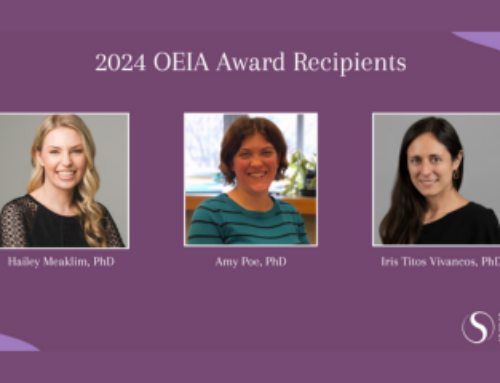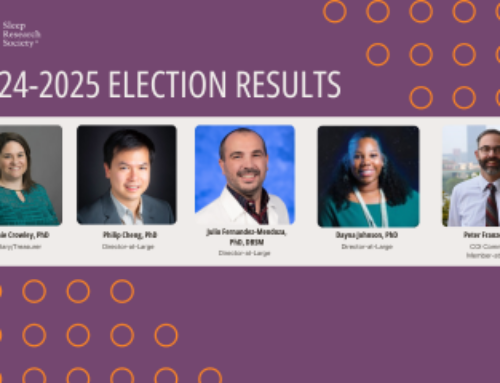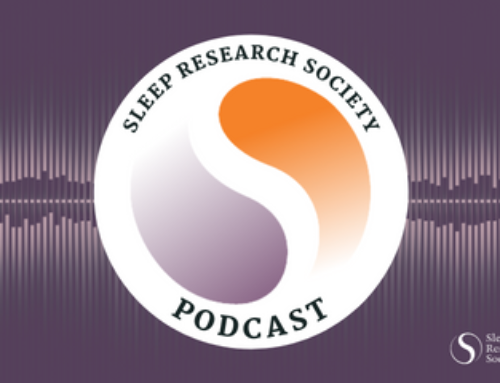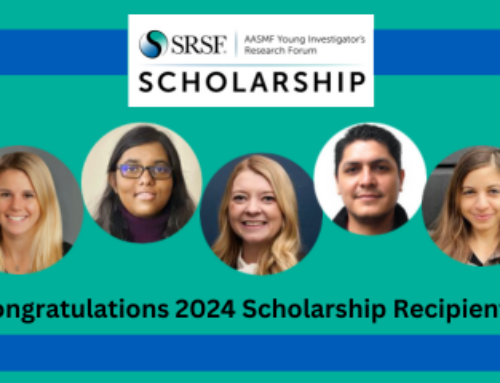By Richard Rosenberg
From 1973 to 1980 I lived in Al Rechtschaffen’s lab. I think I knew how much he influenced me from the start, but over the years my appreciation of his skills as a mentor grew. Yes, he was a critical part of the scoring manual and yes, he filled journals with highly cited papers. But his mentorship is what I appreciate the most. When I arrived from California on a snowy April day he asked if I had a place to stay and a warm jacket to wear. I had a work-study grant and spent my first months in the lab feeding tortoises for Kris Hartse and soldering wires for Bernie Bergmann. Al built a strong camaraderie among the graduate students and everyone else in the lab through hard work, frequent meetings, and literature reviews.
I remember at one of my earliest APSS meetings watching Al listen intently to a presentation and then make his way to the microphone to ask a question. Our graduate student group would share a knowing glance and feel sorry for the presenter. We knew that the question would be pointed and important, often revealing a missing element in the research design. If we were presenting, Al would have us first present our research at a lab meeting. Al would often invite guests to stop by in his lab on the way to APSS. Dave Foulkes, Gerry Vogel, or Harold Zepelin would be asked to attend our preparatory session and pepper us with difficult questions. As students in Al’s lab, when we stood up to present research, we had confidence that all the hard questions had already been asked.
Similarly, when we wrote research papers, we knew that the harshest reviewer would be Al. I will never use the word “while” without referring to simultaneous events. His editing would be clear and concise. More importantly, his organization of the flow of the paper was logical and orderly. When I wrote a paper with Al the reviewers had little to say, and the papers were often accepted without changes. Sadly, this part of Al’s mentoring did not last through my career.
As my career progressed Al guided me to opportunities that I know would not have opened without his input. I spent two years with George Sacher as a postdoctoral fellow. George’s untimely death left me scrambling for a position. I had a poster-board full of rejection letters before Al stepped in and convinced Jean-Paul Spire to hire me at the University of Chicago Sleep Center.
Al didn’t ask for thanks. He was a mentor in every sense of the word and derived pleasure from seeing his students succeed. His door was always open (except at nap time in the afternoon) and his advice was always sound. I’ve internalized his voice, and it has guided my career. These days it most often says, “don’t do that.” I will miss Al and I am forever grateful for the time I spend in Al’s lab.






